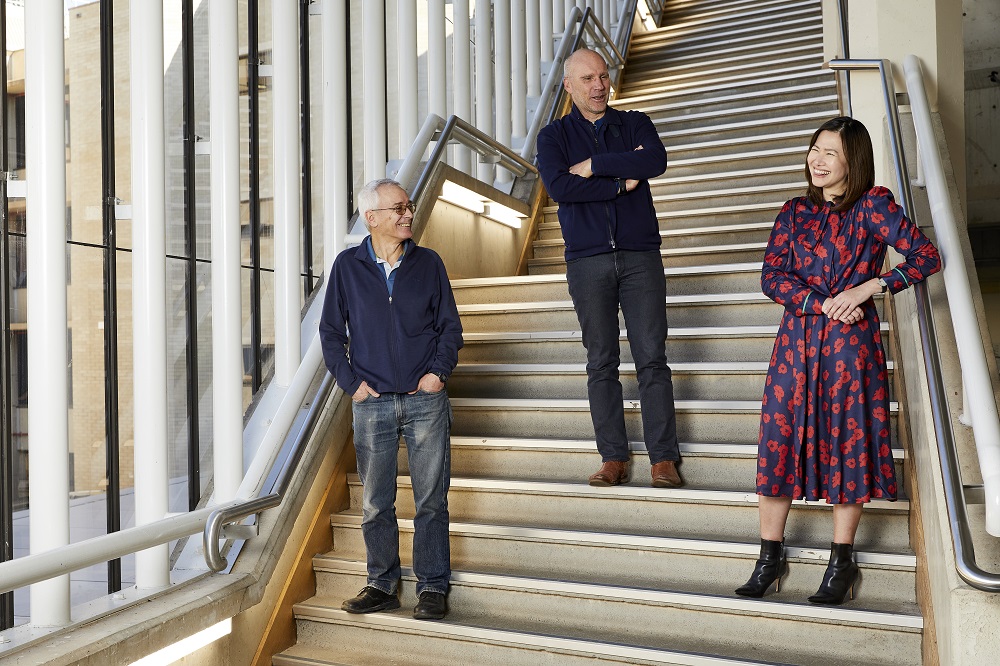Suzanne Lazaroo
14 October 2020: University of Canberra researchers from the Centre for Deliberative Democracy and Global Governance have received a funding boost of over $200,000 from the Australian Research Council (ARC) to monitor deliberative integrity in Australia, a project which could prove crucial for a stronger democracy.
Lead researcher Associate Professor Nicole Curato and her colleagues Professor John Dryzek, Associate Professor Selen Ercan, and Professor Simon Niemeyer have seen a global explosion of interest in deliberative processes.
“Known as ‘the deliberative wave’, it has seen the rapid proliferation of citizen juries, citizen assemblies and citizen panels, among others, as a way of responding to the crisis of democracy,” Associate Professor Curato said.
“While many say that trust in democracy is declining, there is actually a growing interest in doing democracy differently – not through political parties, or campaigning for politicians, but by experimenting with new ways of connecting the voice of ordinary citizens to decision-makers.”

The deliberative process is unique, with randomly selected citizens deliberating for three to five days or more on a topical issue. They listen to experts and advocates from all perspectives, and have the time to process the information, reflect individually and deliberate in groups and then provide a recommendation.
“For instance, the Global Citizen’s Assembly on Genome Editing could hear from geneticists, religious leaders, representatives of Indigenous communities, the parent of a child with sickle cell anemia – both scientists and advocates, for a plethora of voices and perspectives,” Associate Professor Curato said.
She adds that the deliberative wave is already sweeping strongly across Australia, which has emerged as a world leader in its embrace of deliberative processes.
It’s therefore important to consider the integrity of these deliberative processes – as crucial to democracy as electoral integrity – and develop new knowledge and understanding about the ethical conduct of Australian citizen engagement processes.
These learnings will be used to build a Deliberative Integrity Monitoring Tool, which will be applied to the expanding range of deliberative democratic innovations in Australia.
“To develop and design the Deliberative Integrity Monitoring Framework, we will collaborate with the global network of scholars, practitioners, and policymakers,” Associate Professor Curato said.
The project itself has already been built on the spirit of collaboration. According to Associate Professor Curato, the project’s genesis lies with a 2019 visit from Claudia Chwalisz of the Organisation for Economic Co-operation and Development (OECD), when she received the University of Canberra’s Distinguished International Visitor Prize.
“Since Claudia’s visit, I have been engaged with some of the OECD’s conversations about the ‘deliberative wave’,” she said.
“Our Centre has core strengths in developing cutting edge theory and sophisticated methodology in studying deliberative practice, and we think these core strengths can be enhanced by connecting to a global community who have run a lot of these processes themselves.
“We will be able to discover and set the standards for best practice in democratic innovation, that will in turn help improve the quality of Australian democracy – and we are grateful that the ARC considered this project an important one at a time when democratic discontent is on the rise.
“We also think that UC’s commitment to being a civic university provides a hospitable environment for our engaged research to thrive in,” Associate Professor Curato said.


